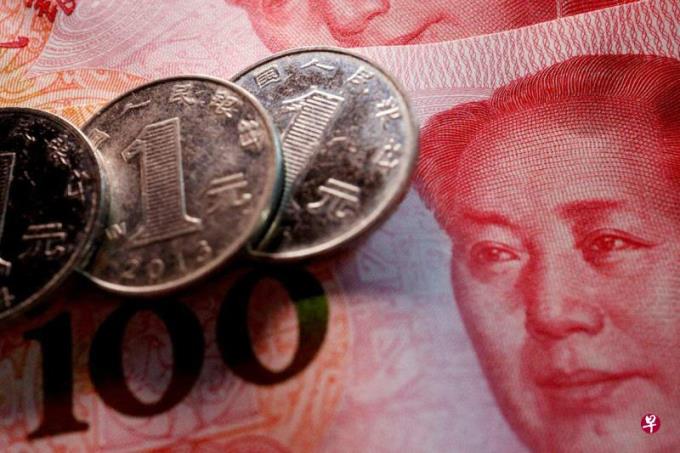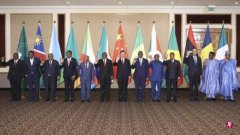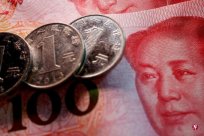
(Shanghai/Beijing Reuters) The People's Bank of China has reportedly required domestic banks to reduce the scale of overseas bonds, which will be the latest actions in China to adopt a series of measures to stabilize the RMB exchange rate in the near future.
Reuters quoted people familiar with the matter, saying that the latest instructions issued by the People's Bank of China this week requires domestic banks to restrict the southbound transaction of "bonds" in the south -direction of RMB to the offshore market.
People familiar with the matter said that the central bank is to combat foreign capital to be empty RMB, tighten the liquidity of offshore RMB, and improve the financing cost of the offshore market.
Bonds are the interconnection mechanism of the bond market between Hong Kong and mainland China. In the first stage, "North Tongtong" was launched in 2017, and "South Tongtong" was launched in 2021.Through "South Tong", institutional investors in mainland China can invest in overseas bonds through the Hong Kong bond market.
Zhang Jiantai, chief Asian foreign exchange strategist of Ruisui Bank, analyzed that the latest measures from the People's Bank of China may reduce the outflow of China's capital through the bond market, and it may also push the yield of high offshore RMB to support the RMB.
The recent weakening of the RMB against the US dollar is one of the key challenges facing the Chinese government to regain the economy.Since the beginning of this year, the exchange rate of the RMB against the US dollar has fallen by about 5%. Last week, it has reached a 10 -month low of $ 1 $ 1.3180 yuan, which is only one step away from the level of the global financial crisis in 2008.After that, the exchange rate of the RMB against the US dollar has strengthened, and last Friday (August 18) stabilized at 7.2872.
Theoffshore RMB exchange rate has also been stable, but the spread between the long -term markets of the shore and the offshore RMB has soared to the highest level in the past five years, indicating that the offshore short -selling people are under pressure.
In order to defend the RMB, China has recently taken a series of measures.Chinese state -owned banks are actively absorbing offshore RMB this week. They absorb funds from the market and reduce loans to peers, and then actively buy and sell in the long -term market to prevent the decline of the RMB against the US dollar.
Former officials at the Central Bank of China said that the central bank's increase in the sales of RMB bills in Hong Kong this week also helps to tighten the liquidity of the offshore market, thereby making the cost of short RMB shortage.
In addition, the People's Bank of China has also urged banks to stop subscribing to the transferred regular deposit bill issued by offshore banks, which is another measure to limit the number of RMB in the Hong Kong market.
After taking a series of measures to support the RMB in the People's Bank of China, the cost of short RMB has increased significantly.Measured at short -term swaps, the current cost of short RMB has soared to 5.55%, which is the level two years ago.




